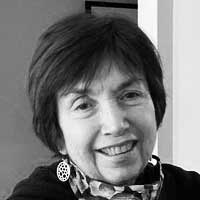Please note that to complete this course, you will need to read the textbook Achieving Communication Competence by Yvonne Gillette, PhD, ASHA Fellow. If you don’t already own a copy of the textbook, you can purchase it at Attainment Company.
FAQ: SpeechPathology.com Textbook Continuing Education (CE) Courses
What is a textbook CE course?
Our textbook CE courses constitute the CE activity for their respective textbooks. Essentially, these courses provide a way to earn CEUs for the time and effort our members invest in reading these valuable texts.
Do I need materials for these courses?
Yes! You will need the relevant textbook for any textbook-based courses you wish to take.
Does SpeechPathology.com charge extra fees for textbook-based courses?
No. You are responsible for purchasing your textbook, and (as with our other courses) you will need a current SpeechPathology.com membership. SpeechPathology.com does not collect any additional fees for these courses.
Where is the course content? How do I take this course?
First, register for the course to confirm current availability. Once registered, the course stays in your 'Pending Courses' for 30 days, during which time you must purchase and read the textbook. To receive credit, you must complete the exam before your 30-day registration period ends. Availability is not guaranteed once your 30-day registration expires.
The exam itself is the CE activity you need to complete to earn CEUs for this textbook.
Questions?
Reach out to [email protected] if you have questions or need assistance.

